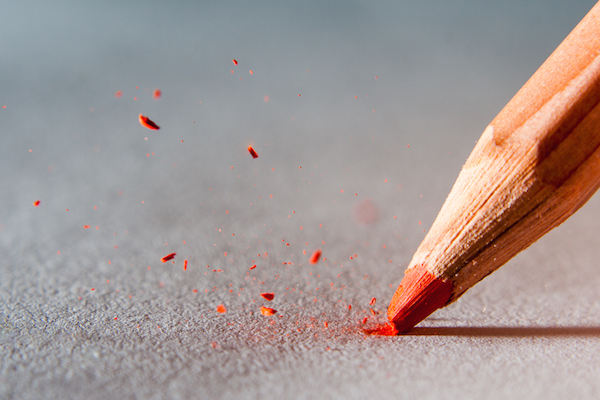
TUESDAY, May 7 (HealthDay News) — Dustless chalk may cause allergy and asthma symptoms in students with a milk allergy, researchers have found.
Many schoolteachers use dustless chalk to keep hands and classrooms clean. But this type of chalk often contains a milk protein called casein, which can trigger respiratory problems in children with a milk allergy, according to the study, which was published in the May issue of the journal Annals of Allergy, Asthma & Immunology.
“Chalks that are labeled as being anti-dust or dustless still release small particles into the air,” lead author Dr. Carlos Larramendi said in a journal news release. “Our research has found when the particles are inhaled by children with milk allergy, coughing, wheezing and shortness of breath can occur. Inhalation can also cause nasal congestion, sneezing and a runny nose.”
Milk allergy affects about 300,000 children in the United States, according to the American College of Allergy, Asthma and Immunology (ACAAI).
“Chalk isn’t the only item in a school setting that can be troublesome to milk-allergic students. Milk proteins can also be found in glue, paper, ink and in other children’s lunches,” Dr. James Sublett, chairman of the ACAAI Indoor Environment Committee, said in an organization news release.
Sublett said parents of children with a milk allergy should ask to have their child seated in the back of the classroom, where they are less likely to inhale particles from dustless chalk.
“Teachers should be informed about foods and other triggers that might cause health problems for children,” Sublett said. “A plan for dealing with allergy and asthma emergencies should also be shared with teachers, coaches and the school nurse. Children should also carry allergist-prescribed epinephrine, inhalers or other life-saving medications.”
More information
The Nemours Foundation has more about milk allergy.

